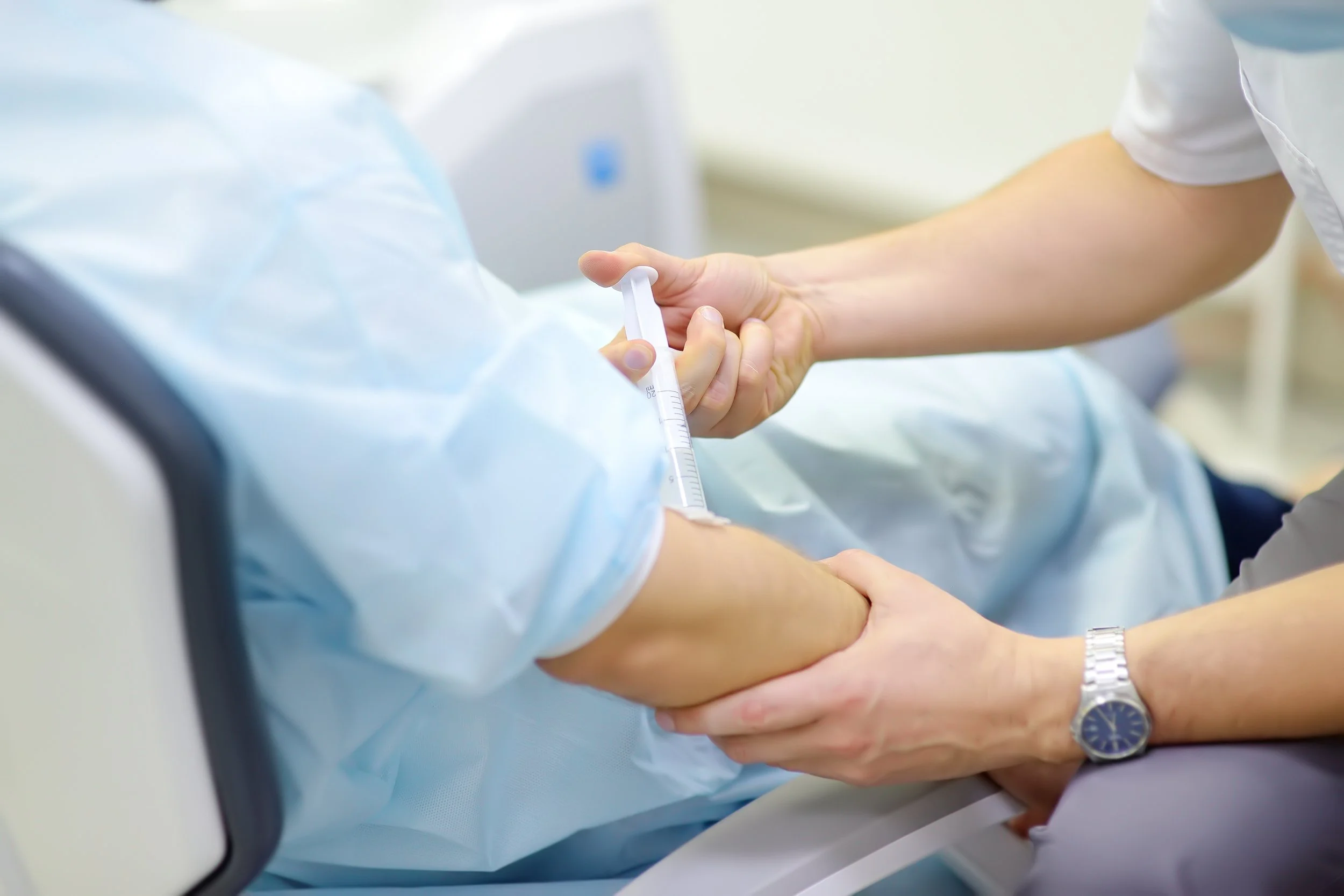Sedation Dentistry: Relaxing in the Dental Chai
If the thought of going to the dentist makes you feel anxious, you're not alone. Experts estimate that 9-15% of Americans don't go to the dentist when they should because of fear or anxiety. Most people feel some level of anxiety about being in the chair, even though most routine dental procedures are painless. With some support, it is possible to relax in the dental chair.
Sedation Dentistry: Relaxing in the Dental Chair
Communication:
Communication is the first step. If you have more run-of-the-mill dental anxiety and not a phobia, tell the dentist. When she's aware you're scared or anxious, she can discuss potential treatment options that may help. However, if you still find yourself postponing routine care, there are steps you can take to help you stay calm.
Distract Yourself:
One way to help yourself remain calm during a dental visit is to distract yourself. Everyone is different, but most people have at least one thing they find particularly pleasant that may help take their minds off the task at hand. Some possibilities include:
Music — create a soothing playlist to take along
Audiobooks — some people get lost in a good story
Podcasts — the dentist's chair is a good place to catch up on all those episodes you've missed
Guided imagery — imagine yourself in a pleasant place and think of as many details as possible or listen to a guided meditation audio.
Relaxation Techniques:
You can practice several relaxation techniques to reduce anxiety at the dentist's office and reduce stress at other times. One technique is to make a fist, count to ten, relax the hand, count to ten, and repeat. Focusing on your fist will distract you from the dental procedure and release your stress. Lowering overall stress can help reduce anxiety related to specific things, including dental visits.
Breathing Exercises:
Simply being aware of your breathing can have a calming effect. Noticing how it feels as you inhale, and exhale is soothing. There are also breathing exercises such as breathing in for a specific count, holding your breath as you count to a set number, then exhaling for a count. The exact time isn't important, but deeper breathing will help you feel calmer. Three deep breaths are calming.
Progressive Relaxation:
Beginning with your toes, contract your muscles, then relax them. Work your way up to your body, consciously contracting and relaxing each muscle. Keeping your muscles relaxed leads to less pain, and the process of slowly contracting and relaxing will have a calming effect.
Pain Control:
The anxiety most people feel related to dental visits is a fear of pain. Modern dentistry can be close to painless, and for any procedures that may be painful, there are techniques to make you more comfortable.
One example is sedation dentistry, which is sometimes called sleep dentistry. Minimal sedation is when you are awake but relaxed. This state can be achieved by inhaling nitrous oxide or a carefully controlled oral sedation dose. Moderate sedation can cause you to slur your words and possibly not remember the procedure. The dentist may give you oral medication or use intravenous delivery of medication.
To learn more about your options and determine whether you're a candidate for sedation dentistry, book an appointment online or phone the office. We'll be happy to discuss your needs and answer all your questions.
DENTAL SEDATION SERVICE in NJ
At Dental Sedation Services, we provide high-quality, advanced dental anesthesia services to general dentists and dental specialists in New Jersey, Pennsylvania, and the New York metropolitan area. The anxiety that many patients experience when receiving dental care is significantly reduced when treated in a familiar environment. Our office-based anesthesia services make dentistry more accessible and affordable, while offering patients the convenience of receiving comprehensive dental care in their own dental practice. For more information, you can contact us at (732)986-3690, or visit our website.

